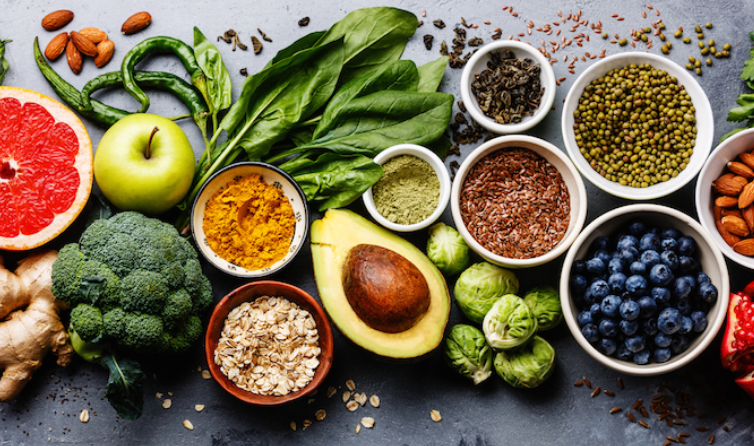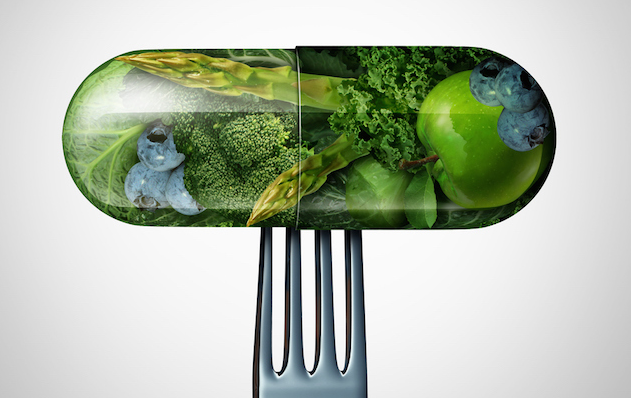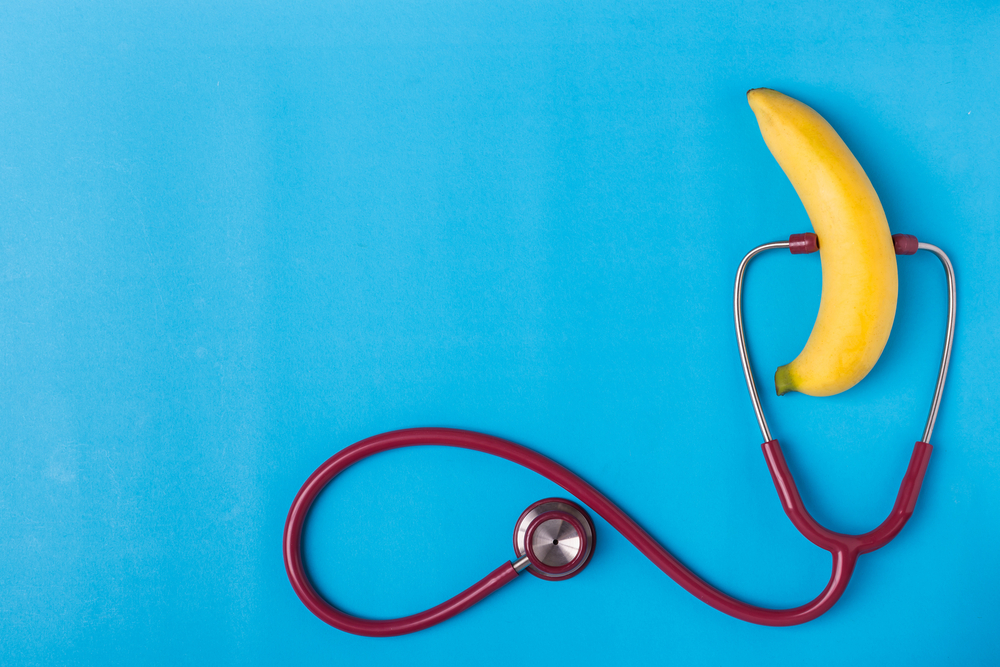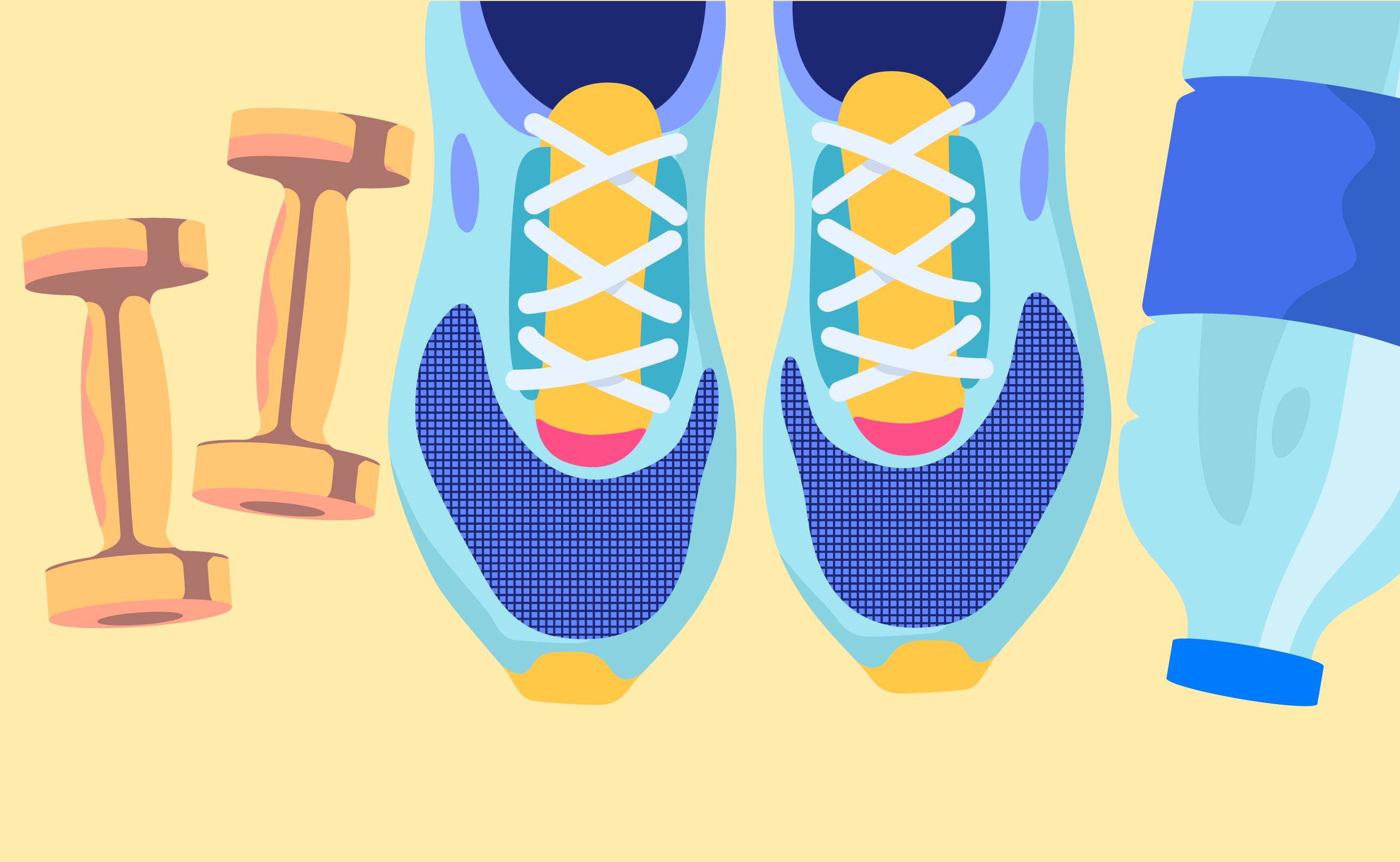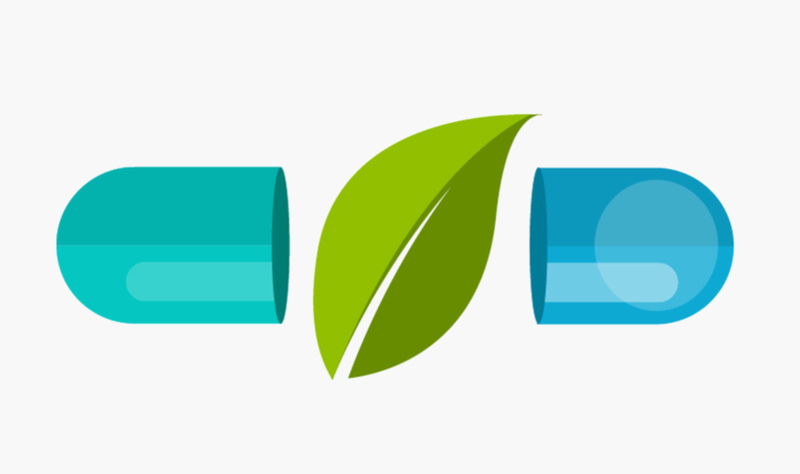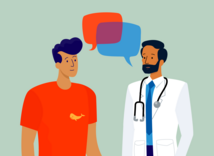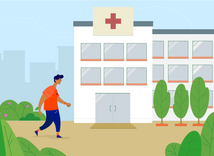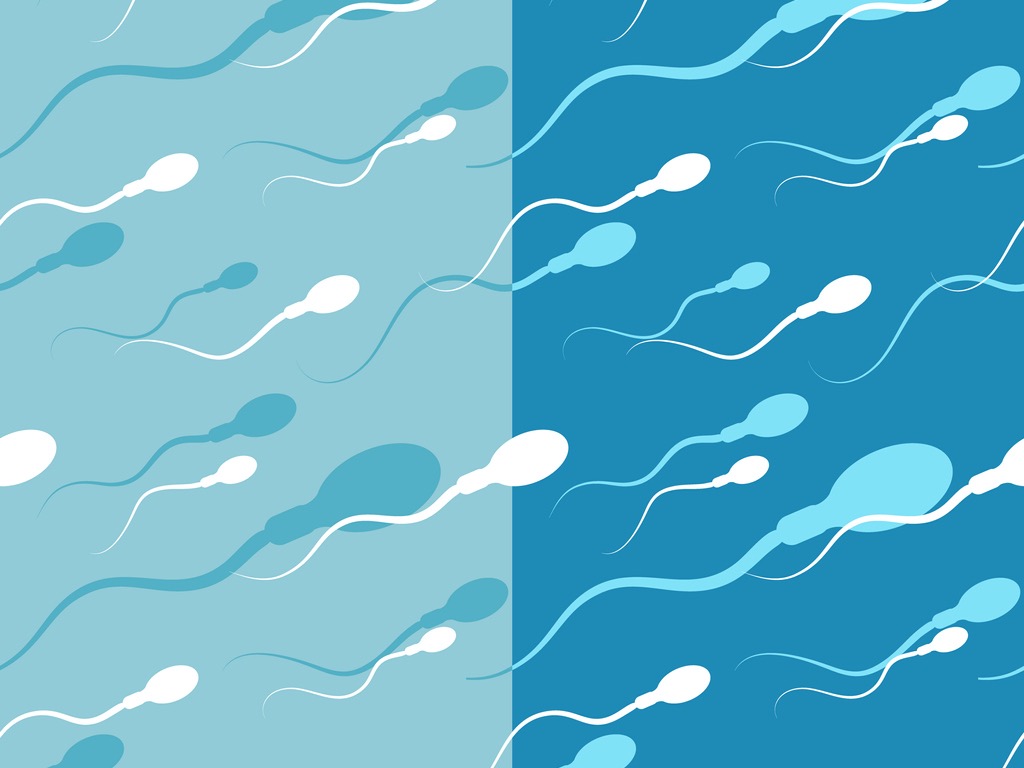You know that eating healthy can help your waistline, but did you know that it can also help keep your sperm up to par? Establishing these eating habits now can promote the health of your swimmers. Eating a Mediterranean style diet rich in legumes, vegetables, fruits, whole grains, poultry and small fish is good for overall health. These Health Canada guidelines can help you create a healthy diet. Although supplements can help you reach these goals, it is best to get these nutrients directly from your food. Click here to learn more about supplements.
Carbohydrates
- Complex carbohydrates are best for fertility because they are the slow burning sugars. Add them to your diet to make it healthier.
- Where can I get this? Whole grains, such as brown rice, quinoa, whole grain spelt or kamut, buckwheat, oatmeal, and beans, lentils, fruits and starchy vegetables, such as sweet potatoes.
- Tips:
- Choose whole grain oatmeal, granola or sprouted grain bread for toast at breakfast. A cup of oatmeal with one cup of strawberries has about 30 grams of complex carbs.
- Load up a lunch burrito: One whole-wheat wrap and 1/2 cup each of beans, brown rice and corn will provide over 70 grams of complex carbs. And we have not even gotten to the other fillers yet!
- Throw some hulled barley in your soup: 1/2 cup (cooked) has 22 grams of complex carbs.
Fats
- Omega-3 fatty acids are best for fertility: Polyunsaturated fatty acids (PUFAs) are found in foods from the Mediterranean style diet.
- Where can I get this? Fatty fish, like arctic char, salmon and mackerel, flaxseed, walnuts and omega-3 enriched eggs and dairy products.
- Tips:
- Add a heaping tablespoon of ground flaxseed to your cereal, oatmeal or smoothie for breakfast.
- Fish oil like cod-liver oil can also be a good supplement.
- For dinner, choose a 4-ounce (when cooked) salmon steak (the size of a deck of cards).
Protein
- Protein from plants is best for fertility: get protein from beans, lentils, soy, tofu, and chickpeas. You can choose poultry and fish, which are associated with a Mediterranean diet, but avoid red meat and larger fish, such as tuna, shark or escolar, which have environmental toxins. If you eat red meat, choose lean cuts and do so in moderation.
- Where can I get this? Protein is easily found in many food sources, from dairy to fish to plants.
- Tips:
- A cup of Greek-style yogurt will provide between 10 and 20 grams of protein.
- Toss a cup of mixed beans into your salad to add about 18 grams of protein. Adding four ounces of chicken gets you another 36 grams.
Antioxidants
Antioxidants are tiny, but powerful substances found in many foods that protect cells, including your sperm, from damage. Having them in your diet may improve sperm quality and quantity and the chances of getting pregnant. Antioxidants with benefits to male fertility are vitamins A, C, D, E, folic acid, and the minerals selenium and zinc.
Vitamin A
- How much do I need? 900 micrograms or 3000 IU per day.
- Where can I get this? The best sources of vitamin A include fish, shellfish, vegetables such as asparagus, bok choy, carrots, kale, pumpkin, spinach and butternut squash and fruit, such as apricots, grapefruit, cantaloupe, and mango.
- Easy ways to get your daily dose of vitamin A?
- ¼ cup of cooked sweet potato
- ½ cup of cooked carrots
Vitamin C
- How much do I need? 90 milligrams per day.
- Where can I get this? Vitamin C is mostly found in whole fruits, such as berries, kiwis, mangos, papayas and oranges and green vegetables, such as broccoli, kale, green peas, spinach and bell peppers.
- Easy ways to get your daily dose of vitamin C?
- 1 kiwi
- 1 large orange
- About ¾ of a raw pepper (especially yellow ones)
Vitamin E
- How much do I need? 15 milligrams per day.
- Where can I get this? The best sources of vitamin E include nuts, seeds, eggs and fortified cereals.
- Easy ways to get your daily dose of vitamin E?
- A handful of almonds (about ¼ cup)
- A handful of sunflower seeds (about ¼ cup)
Vitamin D
- How much do I need? 15 micrograms or 600 IU per day. This dose doesn’t take into consideration your exposure to sunshine, which provides vitamin D (in the summer months in Canada).
- Where can I get this? The best sources of vitamin D include fish, fortified dairy products, dairy alternatives, such as fortified soy milk, and egg.
- Easy ways to get vitamin D?
- Drinking 3 cups of milk each day will provide about half your daily vitamin D
- A 4-ounce piece of salmon (the size of a deck of cards) can provide more than half of your daily vitamin D.
- One teaspoon of cod liver oil will provide about 70% of your daily vitamin D
- Between May and September, a few minutes in the sunshine without sunscreen can provide a portion of your daily dose. However, production of vitamin D depends on your skin type, the time of day and the amount of exposed skin
- A supplement; talk to your doctor or pharmacist about whether you need a supplement
Selenium
- How much do I need? 55 micrograms per day.
- Where can I get this? Selenium is found in seafood, meat, poultry, nuts (especially Brazil nuts), seeds, whole grains and dairy
- Easy ways to get selenium?
- A handful of mushrooms = half your daily dose
- 1 Brazil nut = your daily dose
Zinc
- How much do I need? 11 milligrams per day.
- Where can I get this? Zinc is found in shellfish, such as oysters, poultry, meat, legumes, whole grains, seeds, nuts and dairy.
- Easy ways to get zinc?
- 1-2 cooked oysters provides all your daily dose.
- 1-2 big handful of pumpkin seeds (about ¼ cup) will provide about ⅓ of your daily dose.
- A piece of cooked beef about the size of a pack of cards will provide about half your daily dose.
Folic acid
- How much do I need? 400 micrograms per day.
- Where can I get this? Good sources include green vegetables, wheat grain products, legumes and liver.
- Easy ways to get folic acid?
- One generous serving of edamame, green soybeans, (about ¾ cup) will provide your daily dose.
- ½ cup of cooked spinach will provide about half your daily dose.
